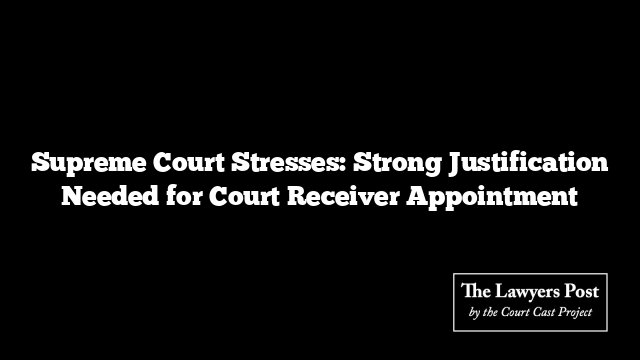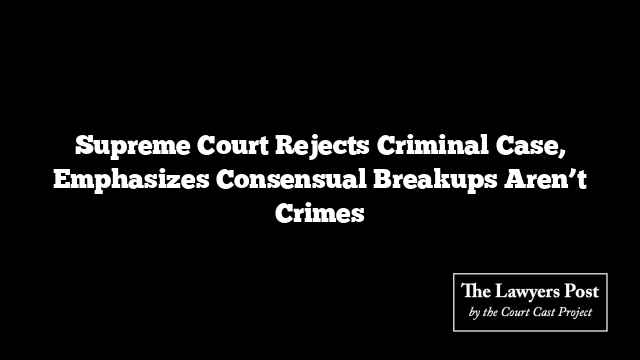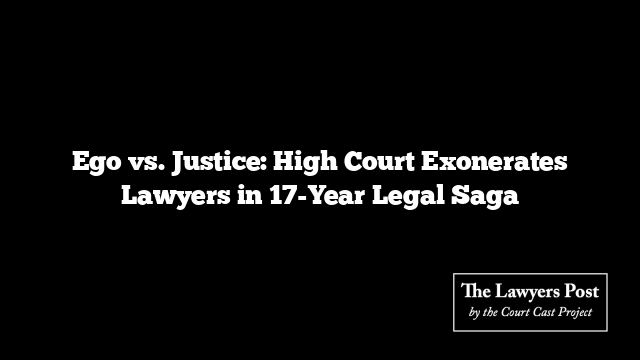The Supreme Court has clarified that simply establishing a “prima facie case” or citing “conduct” does not suffice to justify the appointment of a Court Receiver. The decision underlines the necessity for compelling evidence demonstrating potential harm to the property if a receiver is not appointed.
This ruling came as the Court overturned a High Court order that appointed a receiver for a disputed property, a move previously rejected by the City Civil Court in Borivali. The central question was whether merely recording a prima facie case in favor of the respondent warranted such an action.
A bench comprising Justice PS Narasimha and Justice Manoj Misra highlighted the insufficiency of generic expressions like “prima facie case” and stressed the need for specific reasoning. The judgment pointed out that there was no indication of how the property risked deterioration in the absence of a receiver.
The Court emphasized that appointing a receiver is a significant step requiring robust justification, particularly evidence showing an imminent threat of degradation or destruction of the property. It reiterated that the notion of a prima facie case is typically associated with injunctions, not with the appointment of receivers.
In the absence of compelling reasons or exceptional circumstances, the Court concluded that the appointment of a receiver was unwarranted and allowed the appeal, effectively invalidating the High Court’s earlier order.
This reimagined version distills the essence of the ruling, offering a dynamic narrative while adhering to your stylistic preferences.





